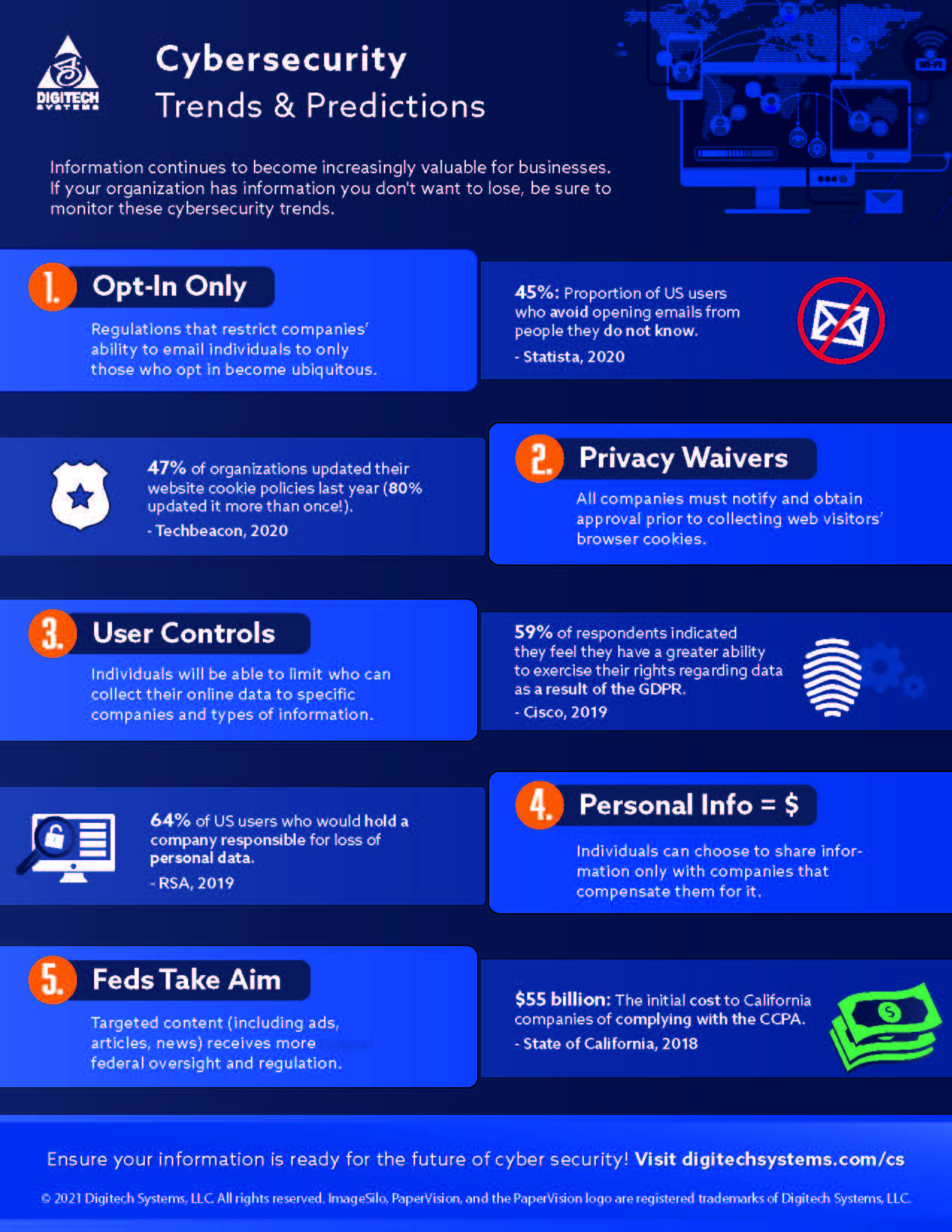
In the evolving digital era, the management and exchange of vast volumes of user details have become a pivotal aspect of the modern economy. This section delves into the intricate dynamics of how such sensitive material is handled, focusing on the advancements and challenges that lie ahead in safeguarding individual rights and maintaining digital security.
Information Aggregation has seen significant transformations, driven by technological innovations and shifting regulatory landscapes. As we navigate through these changes, it becomes crucial to understand the implications of these developments on the protection of user data and the integrity of digital interactions.
Cyber defense mechanisms and data governance policies are at the forefront of this discussion. The future of how organizations manage and utilize collected data is not only a matter of technological capability but also a reflection of societal values and legal frameworks. This article explores the anticipated shifts in these areas, offering a comprehensive view of the strategies and technologies that are likely to shape the industry in the coming years.
Emerging Technologies in Data Brokerage
This section delves into the cutting-edge advancements reshaping the landscape of information intermediation. As the digital era progresses, novel tools and methodologies are being developed to enhance the efficiency and security of data transactions, ensuring that the industry remains dynamic and opt out white pages responsive to evolving needs.
Several key technologies are at the forefront of this transformation:
- Blockchain Technology: Known for its role in cryptocurrencies, blockchain offers a decentralized ledger system that enhances transparency and security in data exchanges. This technology ensures that data transactions are immutable and verifiable, reducing the risk of fraud and unauthorized alterations.
- Artificial Intelligence (AI): AI algorithms are increasingly being used to analyze and manage vast datasets. They help in predicting market trends, optimizing data usage, and enhancing decision-making processes. AI also plays a crucial role in detecting anomalies and potential security breaches, thereby safeguarding sensitive information.
- Edge Computing: By processing data closer to the source, edge computing reduces latency and enhances the speed of data processing. This technology is particularly beneficial in scenarios where real-time data analysis is crucial, such as in financial transactions or health monitoring systems.
- Quantum Computing: Although still in its nascent stages, quantum computing promises to revolutionize data processing capabilities. Its potential to handle complex computations at unprecedented speeds could significantly alter how data is analyzed and protected in the future.
These technologies not only improve the operational aspects of data intermediation but also address critical concerns related to data integrity and security. As the industry continues to evolve, integrating these technologies will be essential for maintaining a competitive edge and ensuring compliance with regulatory standards.
In conclusion, the integration of emerging technologies in the realm of data intermediation is not just a trend but a necessity. These advancements are pivotal in shaping a more secure, efficient, and transparent future for the industry.
Regulatory Frameworks Shaping the Industry

This section delves into the complex landscape of legal and administrative structures that govern the handling of user data by various entities. As the digital realm expands, these frameworks are crucial in ensuring compliance and ethical practices, thereby protecting consumer interests.
The evolution of regulatory measures has been driven by the increasing recognition of the importance of safeguarding sensitive data. This has led to the development of stringent guidelines that aim to balance technological advancements with consumer protection.
|
RegionKey LegislationMain Provisions|
European UnionGeneral Data Protection Regulation (GDPR)Enhanced rights for individuals regarding their data, strict consent requirements, and substantial fines for non-compliance.|
United StatesCalifornia Consumer Privacy Act (CCPA)Grants consumers the right to know about and control the use of their personal data by businesses.|
Asia-PacificPersonal Data Protection Act (PDPA) - SingaporeEstablishes a framework of data protection laws, including consent, purpose, and reasonable handling of personal data.
These regulatory frameworks not only set the standards for data management but also influence the strategic decisions of organizations operating in the digital space. They encourage transparency and accountability, which are essential for building trust with consumers.
In conclusion, the regulatory environment plays a pivotal role in shaping the industry's approach to data management. As new technologies emerge and the digital economy grows, these frameworks will continue to evolve, reflecting the dynamic nature of the sector and the ongoing need for robust consumer protection.
Consumer Awareness and Its Impact
This section delves into the growing consciousness among individuals regarding the management and safeguarding of their digital identities. As awareness increases, the implications for businesses and regulatory bodies are profound, influencing how data is collected, used, and protected.
The escalating sensitivity of consumers towards their digital footprint has led to several significant changes:
- Enhanced scrutiny of data practices by regulatory authorities.
- Increased demand for transparency in data usage from companies.
- Development of more robust privacy settings and tools by tech firms.
Consumer awareness not only shapes the regulatory landscape but also drives innovation in the technology sector. Companies are now investing heavily in developing tools that empower users to control their data, thereby fostering trust and loyalty.
Moreover, the impact of this heightened awareness extends to the legal sphere, where new laws and amendments are being crafted to address the evolving concerns of the public. This includes stricter penalties for data breaches and clearer guidelines on consent and data handling.
In conclusion, the rising awareness among consumers about their digital rights and the security of their data is a pivotal force in the modern digital economy. It influences policy, business practices, and technological advancements, ensuring a more secure and respectful digital environment for all.
The Role of AI in Data Privacy
This section delves into the pivotal role of artificial intelligence in safeguarding sensitive details.